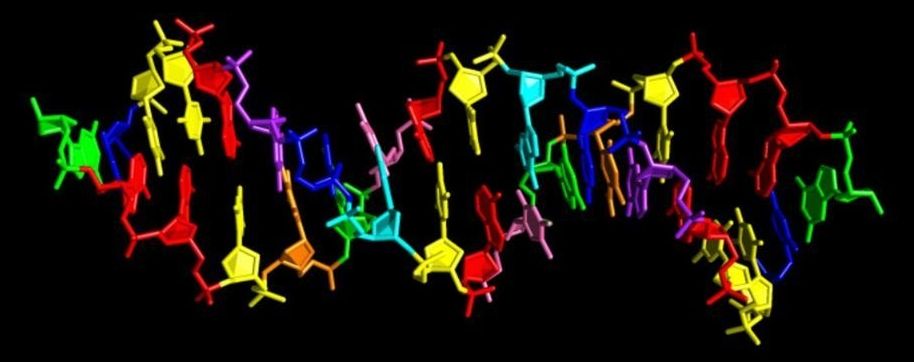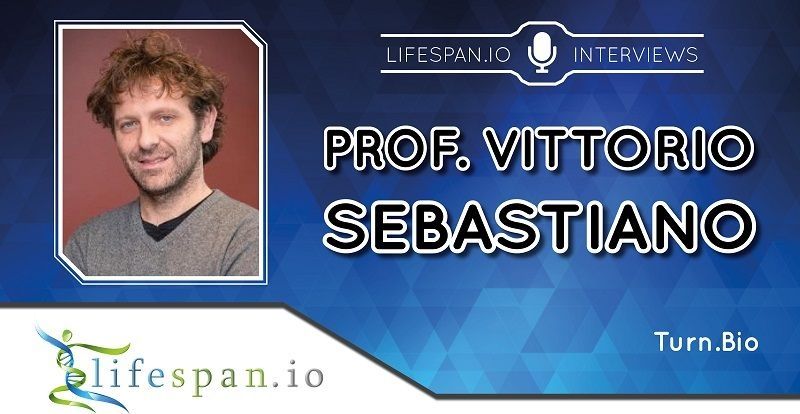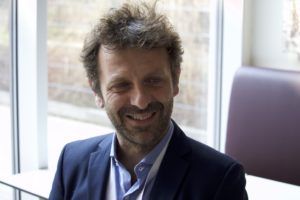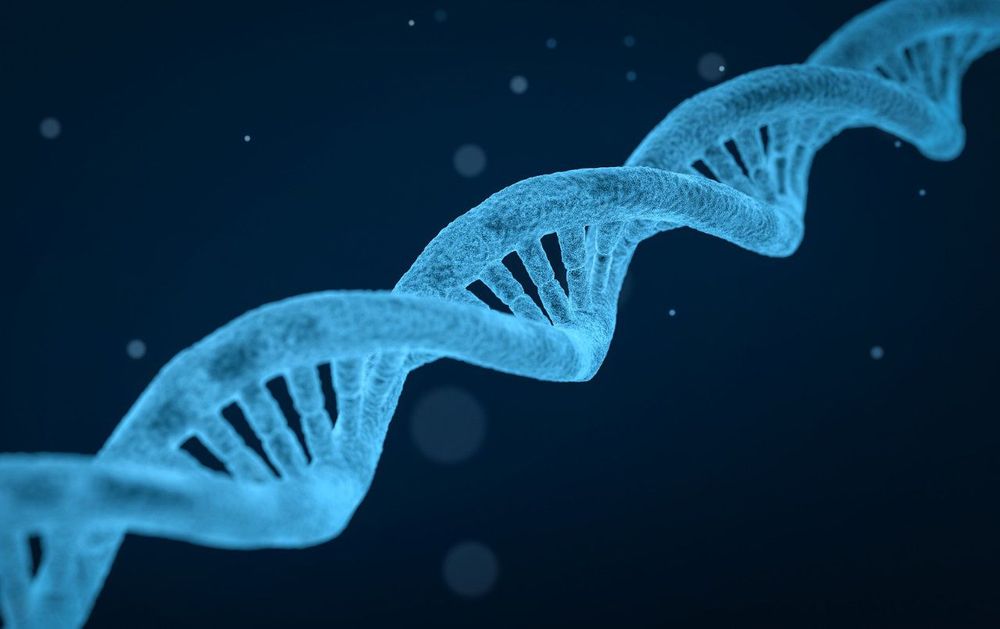Conventional DNA is comprised of the familiar A, C, G, and T base pairs, but a newly created genetic system is packed with eight, thus doubling the number of letters normally found in self-replicating molecules. Intriguingly, the new system, dubbed “hachimoji,” could resemble the building blocks of extraterrestrial life.
New research published yesterday in Science describes the hachimoji, which means “eight letters” in Japanese. In addition to the conventional four base pairs, this genetic system has an extra four building blocks, dramatically increasingly the information density compared to regular DNA. The scientists behind the work, led by Steven Benner from the Foundation for Applied Molecular Evolution in Alachua, Florida, said the new system may be robust enough to support life, that is, to support the processes required for Darwinian self-replication.







